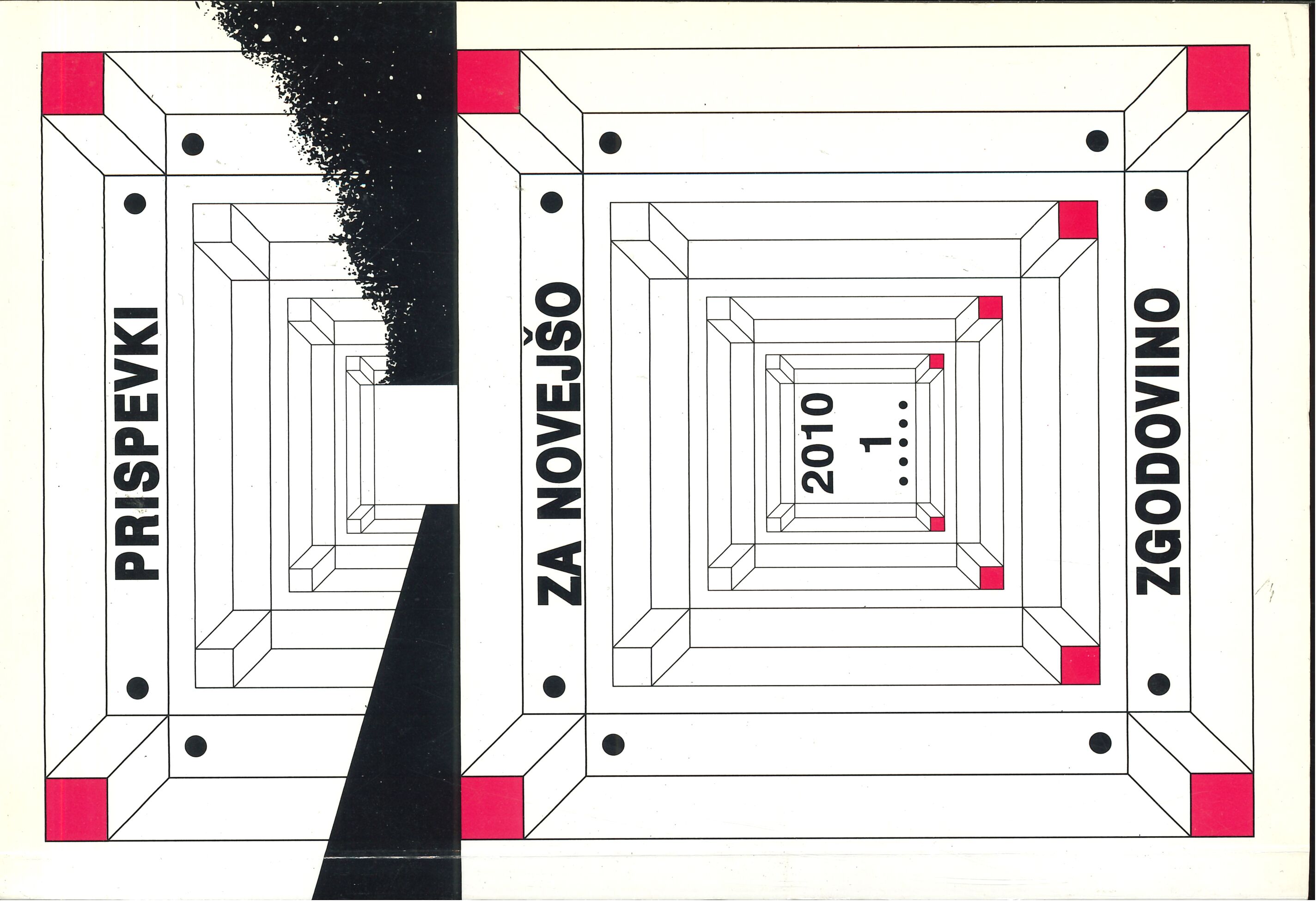National Cohabitation in the ("Slovenian") Carinthia during the Austrian Constitutional Period
Keywords:
Carinthia, Austria-Hungary, political history, democracy, nationalismAbstract
In the following contribution the author analyses the "Slovenian part" of Carinthia after the restoration of the constitutional life, when nationalism kept asserting itself increasingly in the political life. The author demonstrates that a large group of (Slovenian) intellectuals distanced itself from the Slovenian national movement or even opposed it, as it felt endangered. In many aspects the Slovenian national development in Carinthia was inferior to Carniola or Styria. Democratic thought, which manifested itself in the two aforementioned provinces also as the pluralisation of the Slovenian political space, was almost non-existent in Carinthia. If the Carniolan and Styrian Slovenians "transformed" their initial unification policy into a modern pluralist political party life, the Carinthian Slovenians (also due to their electoral system) failed to develop this element of a modern society until as late as the dissolution of the Double Monarchy.
Downloads
Published
Issue
Section
License
Authors who publish with this journal agree to the following terms:
- Authors retain copyright and grant the journal right of first publication with the work simultaneously licensed under a Creative Commons Attribution License that allows others to share the work with an acknowledgement of the work's authorship and initial publication in this journal.
- Authors are able to enter into separate, additional contractual arrangements for the non-exclusive distribution of the journal's published version of the work (e.g., post it to an institutional repository or publish it in a book), with an acknowledgement of its initial publication in this journal.
- Authors are permitted and encouraged to post their work online (e.g., in institutional repositories or on their website) prior to and during the submission process, as it can lead to productive exchanges, as well as earlier and greater citation of published work (See The Effect of Open Access).


